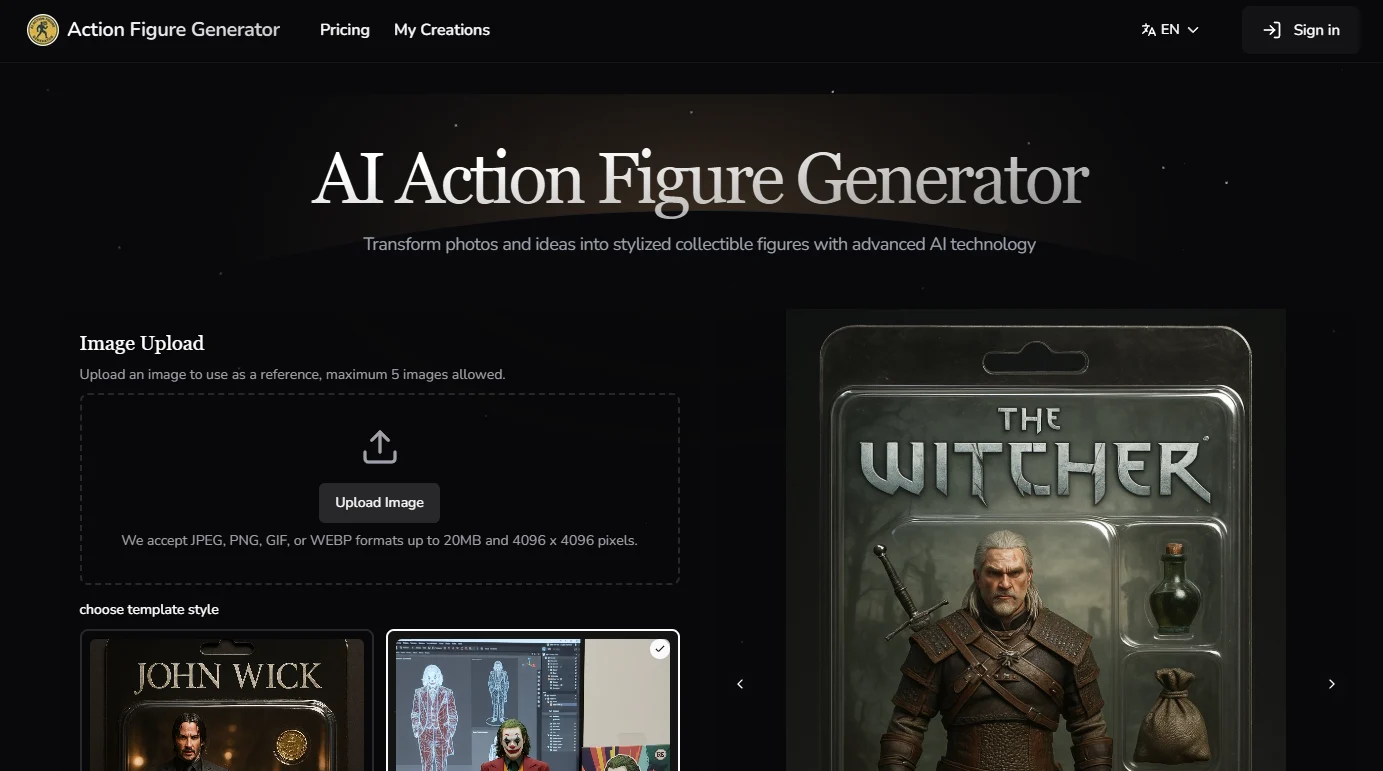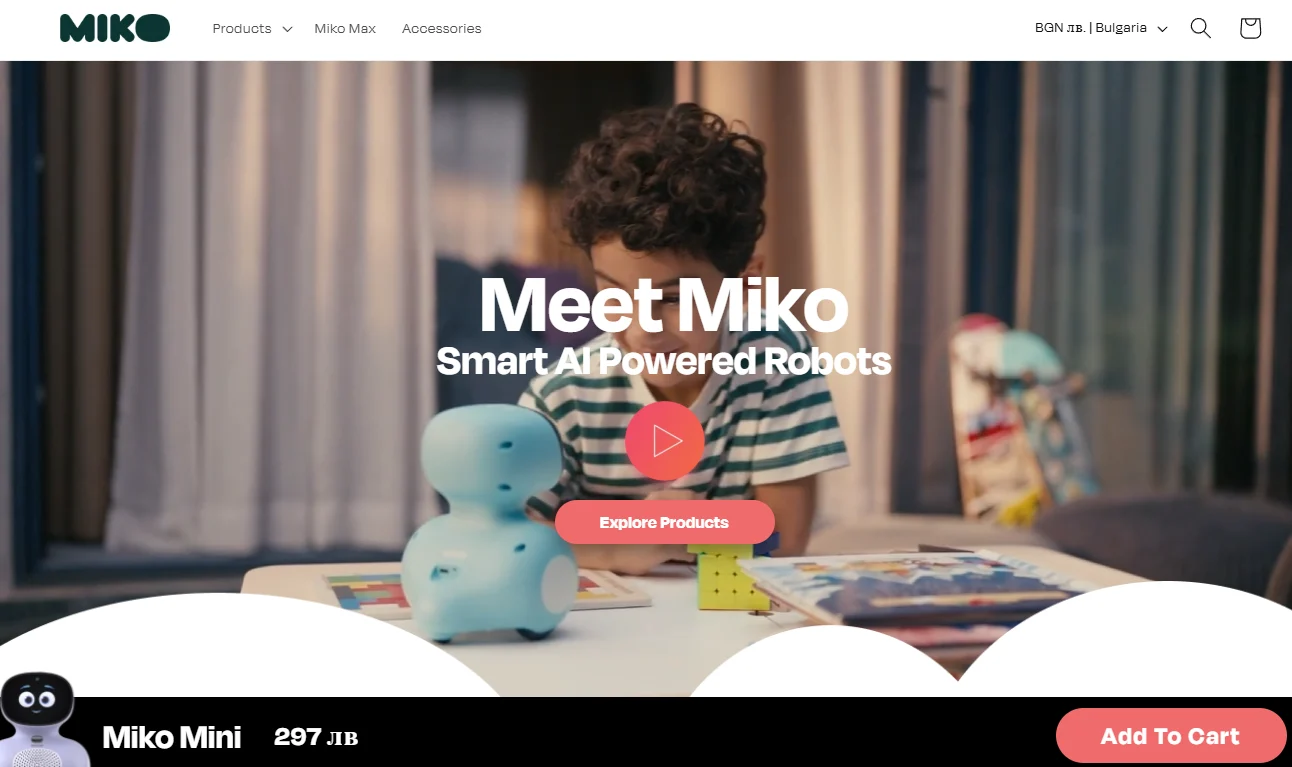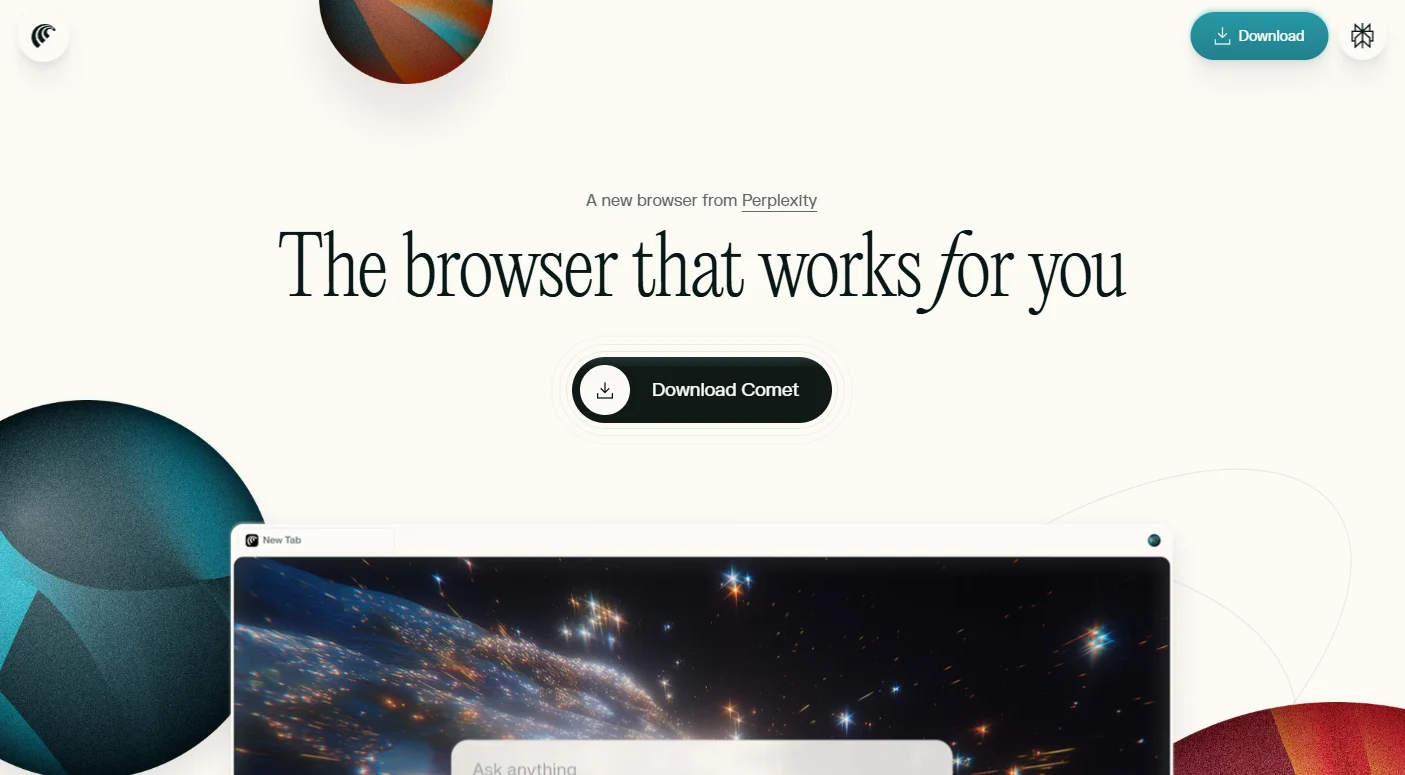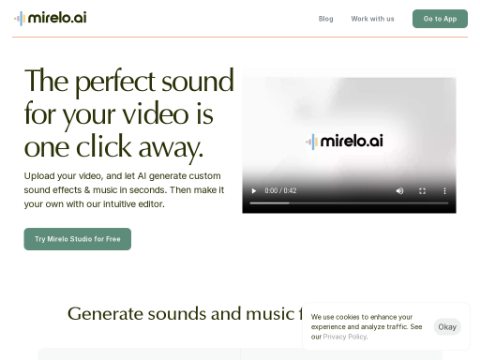In this era of artificial intelligence (AI), it is becoming increasingly difficult to determine whether a text is written by a robot or a human. Several detection products have been introduced, but the results vary greatly. Now, Grammarly has launched its own tool, which is claimed to better detect which parts of a document are created by AI and which parts are written by humans.
This new program is called Grammarly Authorship and it will be available for 500,000 applications and websites. This latest software will attempt to determine the source of each section in a document, revealing which parts are created by humans, which parts are copied from other sources, and which parts are written by AI.
Unlike other products that use algorithms to detect AI, Authorship tracks all the content written in a document. As the tool is active during the writing process, it can determine whether the text is being inputted by a human or copied and pasted from an external source.
Starting next month, Authorship will be launched as a beta version in Google Docs for all Grammarly customers, with plans to expand to Microsoft Word and Apple's Pages by the end of this year. The tool will run in all versions of Google Docs, including the free and paid versions, as well as all instances of Word, including the desktop and web versions.
As an automated writing and editing assistant, Grammarly offers various plans, including a free basic version, a premium subscription for $12 per month, a business subscription for $15 per month, and versions for schools and students. Authorship will be available in any of these versions, including the free version.
While Authorship will serve individuals, businesses, and other clients, Grammarly specifically targets the education market. This is partly due to the phenomenon of false positives, where students submit their own written papers and assignments, but the system marks them as AI-generated.
Jenny Maxwell, the Head of Grammarly's Education Business, stated, "With the start of the school year, many institutions lack a consistent and clear AI policy, despite half of 14 to 22-year-olds reporting that they have used generative AI at least once. This ambiguity leads to an overreliance on imperfect AI detection tools, resulting in adversarial back-and-forth between professors and students when papers are flagged as AI-generated."
"What is missing in the market is a tool that facilitates a positive dialogue about the role of AI in education," Maxwell added. "Authorship does just that, providing students with a simple way to showcase how they write papers, including whether they interacted with AI tools and how they interacted."
Once activated in a document, Authorship automatically categorizes the text as human-typed, AI-generated, AI-edited, copied from known or unknown sources, or edited by Grammarly or a separate spell checker. Whether you are writing or reviewing a document, you will find the key details analyzed by Authorship.
Authorship analysis breaks down different categories, such as human-typed or copied from unknown sources. The tool then displays an overall analysis of the document, including factors like total writing time and the number of active writing sessions.
The Authorship report will include the complete text of the document. Each section will be color-coded to indicate whether it is written by a human, generated by AI, edited by AI, or copied from an external source. The author playback will play the text in the document, showcasing its original appearance.
For students, Authorship will ensure that reports or assignments meet the requirements of teachers and provide objective data when students are accused of AI-generated plagiarism. Early next year, the tool will also prompt students to cite any text from external sources.
Other companies, including OpenAI, have also launched or attempted to launch their own AI detectors. However, achieving close to 100% accuracy has always been a challenge. In 2023, OpenAI made its debut with an AI detection tool that had low accuracy and subsequently withdrew it. Although these tools have been improved, false positives and other flaws still exist. Will Grammarly Authorship outperform other tools? We will find out next month.








